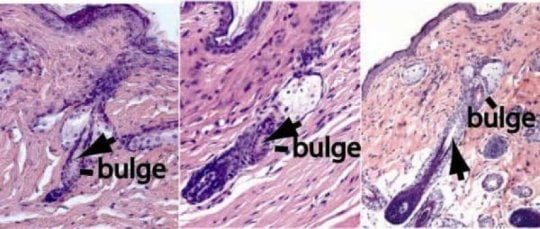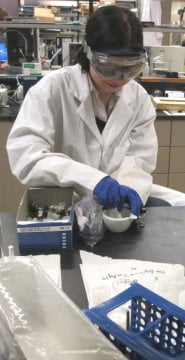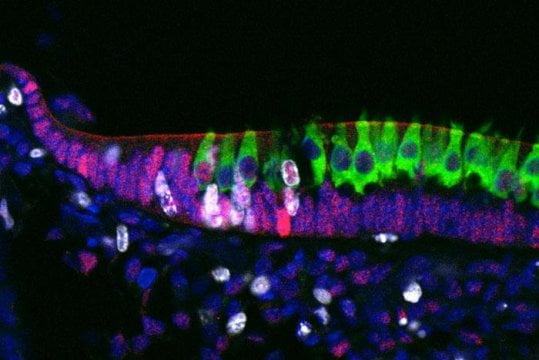
Are you addicted to fast food? Cant control yourself from grabbing a bite of a greasy burger or nosh in those fried chicken even when you have just tucked in your lunch? Your obsession can take a toll on your immunity system, warns a new study. Fast food makes the immune system more aggressive and even after one changes to a healthy diet, the body’s defenses remain hyperactive reveals the study.
According to the University of Bonn study, these long-term could trigger risk of developing diseases like arteriosclerosis and diabetes.
For the study published in the journal Cell, the scientists placed mice for a month on a so-called “Western diet”: high in fat, high in sugar, and low in fibre. The findings revealed a strong inflammatory response throughout the body of mice, almost like after infection with dangerous bacteria.
The scientists explained that the fast food diet triggered an unexpected increase in the number of certain immune cells in the blood of the mice, especially granulocytes and monocytes. This was an indication for an involvement of immune cell progenitors in the bone marrow.
For the study, the bone marrow progenitors for major immune cell types were isolated from mice fed a Western diet or healthy control diet and a systematic analysis of their function and activation state was performed.
The ‘Western diet’ had activated a large number of genes in the progenitor cells. The genes affected included those responsible for proliferation and maturation, noted the researchers.
Thus, fast food was linked to a hyperactive reaction in the immune system. It stimulates the body to quickly recruit a huge and powerful army which causes inflammation.
When the researchers offered the rodents their typical cereal diet for another four weeks, the acute inflammation disappeared. But the altered genetic reprogramming of the immune cells and their precursors, stayed and did not change. Many of the genes that had been switched on during the fast food phase were still active, even after four weeks.
Our immune system has an innate memory, when it recognizes a kind of virus and bacteria, it is better prepared for the attack the next time it is trying to find a place your system. But what is shocking was this process of defense was not triggered by a bacterium, but by an unhealthy diet.
Scientists held responsible “fast food sensor” in immune cells to be behind this strange condition. For the study, the scientists examined blood cells from 120 subjects. In some of the subjects, the innate immune system showed a particularly strong training effect. The researchers found genetic evidence of the involvement of a so-called inflammasome in these subjects.
Scientists explained that these so called inflammasomes are key intracellular signalling complexes that recognise infectious agents and other harmful substances and subsequently release highly inflammatory messengers.
The activation by Western diet also changes the way in which the genetic information is packaged, noted the researchers.
The researchers explained , that the genetic material gets stored in the DNA. Each cell comprises of multiple DNA strands which together are about two metres long. They are typically wrapped around certain proteins in the nucleus and thus many genes in the DNA cannot be read as easily.
When you eat junk and fried foods, some of these normally hidden pieces of DNA unwind, similar to a loop hanging out of a ball of wool. This area of the genetic material can then be read much easier as long as this temporary unwrapping remains active. This phenomena is called epigenetic changes by scientists . The inflammasome triggers such epigenetic changes. The immune system consequently reacts even to small stimuli with stronger inflammatory responses. These hyperactive inflammatory responses can up the risk of vascular diseases or type 2 diabetes.
Scientists believe that the study calls for a major awareness drive. Organizations must take steps to ensure that children are conscious of the decisions they take regarding their dietary habits.
[“Source-ndtv”]




















